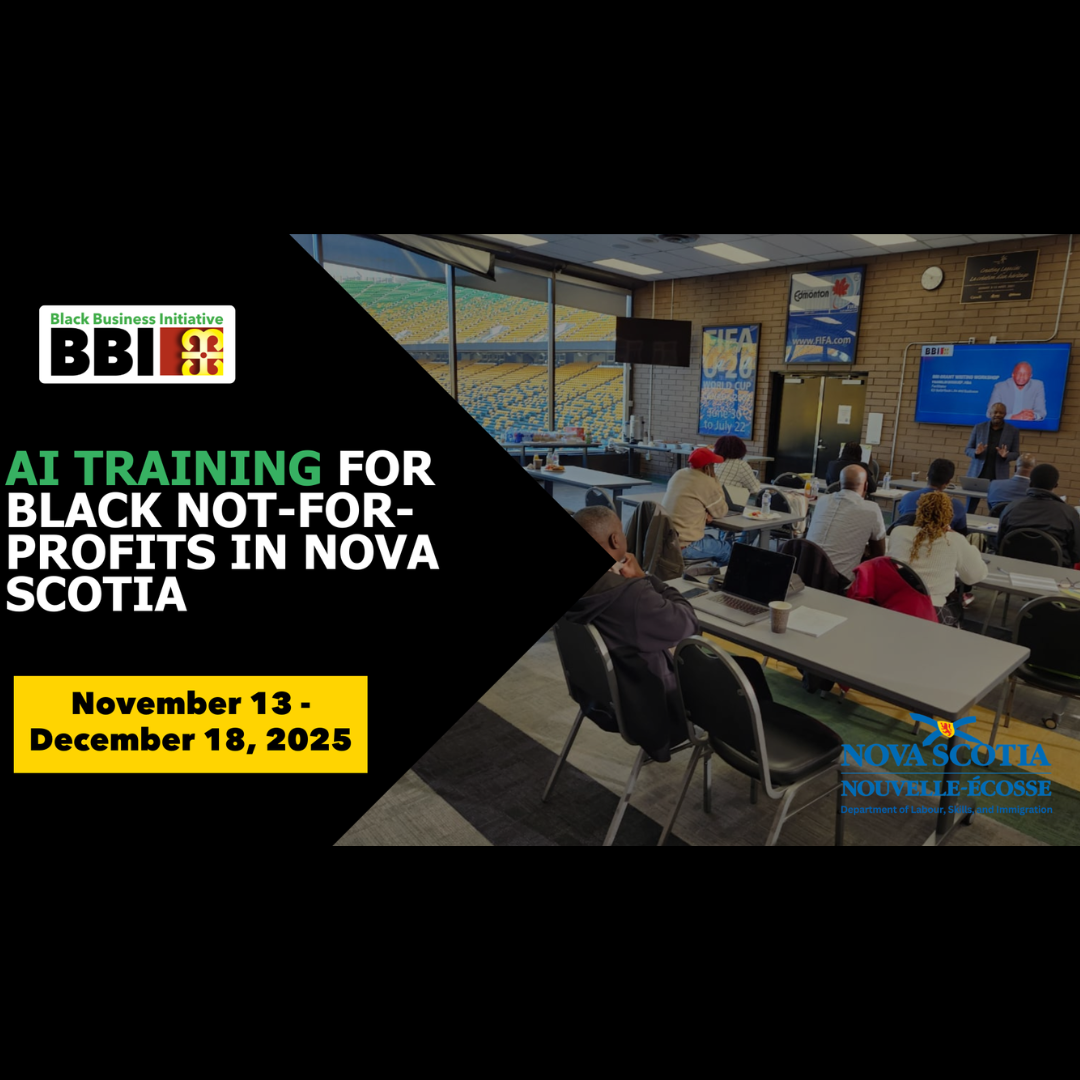Empowering Communities: The Impact of We Care Foundation of Newfoundland and Labrador

The We Care Foundation of Newfoundland and Labrador, led by Zainab Jerrett, exemplifies the power of grassroots organizations in addressing the evolving needs of vulnerable communities. Initially established to support marginalized girls in pursuing higher education, the foundation has expanded its mission in response to the shifting needs of the communities it serves.
The foundation began by providing scholarships to racialized girls, but quickly recognized that the community faced broader challenges, especially during the COVID-19 pandemic. The pandemic exposed the harsh realities of gender-based violence, economic instability, and food insecurity. To address these issues, the foundation expanded its services, providing support for women experiencing gender-based violence by offering them skills training to achieve economic independence.
Workshops in areas such as catering, sewing and crafting were organized to help women acquire or improve skills. Additionally, in response to the growing issue of food insecurity, the foundation began distributing meals, food vouchers, and gift cards, with support from organizations like the Canadian Red Cross. They also started programs to provide school supplies to children from low-income families, ensuring they had the necessary tools for success in their education.

A significant turning point for We Care Foundation came with funding from the Supporting Black Canadian Communities Initiative (SBCCI). This funding allowed the organization to diversify its activities and enhance its revenue-generating capacity. Before receiving the SBCCI funding, the foundation relied heavily on donations and small-scale fundraising. However, the SBCCI grant enabled the hiring of consultants who conducted research, identifying new revenue strategies that have since been successfully implemented.
This financial stability allowed the foundation to undertake more ambitious projects, including the provision of affordable housing. The foundation purchased a 12-unit apartment block to offer low-cost housing to Black families and other racialized individuals facing housing challenges. Additionally, the foundation acquired 26.7 acres of land in Carbonia, with plans to develop affordable housing for newcomers, including refugees and international students, with a primary focus on Black families.
Before the SBCCI funding, We Care Foundation struggled with revenue generation and human resources management. The SBCCI funding not only helped overcome these obstacles but also positioned the organization for future growth. The foundation now has a stronger organizational structure, with improved staff recruitment, training, and retention processes.
The impact of SBCCI funding extends beyond the foundation itself, benefiting the broader community. With enhanced capacity, We Care Foundation is better equipped to serve Black Canadians and other marginalized groups in Newfoundland and Labrador. Jerrett noted that the funding has also increased the foundation’s visibility, resulting in new partnerships and opportunities for further growth.
Jerrett emphasized the importance of receiving support from a Black-led organization like the Black Business Initiative (BBI), which administers the SBCCI. She highlighted the shared experiences and understanding within the Black community, making BBI’s support especially valuable. “The biggest value is like dealing with someone with lived experiences where we have a lot of commonality. The experiences are the same... BBI understands because not only are the beneficiaries primarily Black, but the staff and workers are also Black. It’s like we have things in common, we understand, we walk in each other’s shoes, so we understand,” Jerrett explained.
In conclusion, the We Care Foundation of Newfoundland and Labrador is a powerful example of how targeted support and strategic funding can enable a small nonprofit to make a significant impact on its community. Through its diversified programs and enhanced capacity, the foundation continues to empower vulnerable individuals, providing them with the tools and opportunities they need to build better lives.


.png)
.png)


.JPG)



